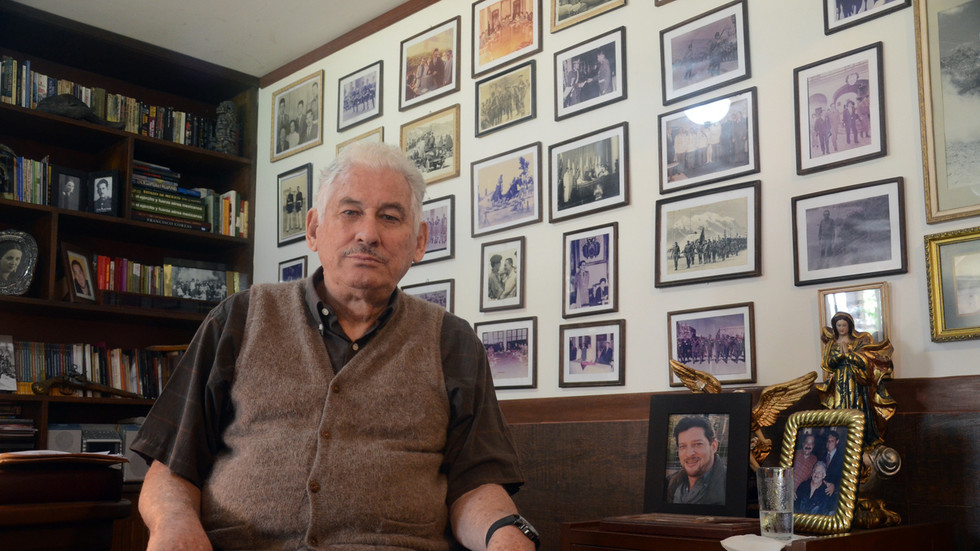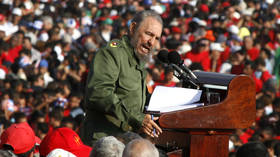
Bolivian general Gary Prado Salmon was hospitalized for a month prior to his death at 84

© Getty Images / Georg Ismar
Bolivian general Gary Prado Salmon, known for leading the patrol that captured Cuban communist icon Che Guevara in 1967, has died aged 84, his son Gary Prado Arauz revealed on Facebook on Saturday.
“He left us a legacy of love, honesty and mettle,” Prado Arauz wrote in his post, describing the general as an “amazing person” who was “accompanied by his wife and children” on his deathbed. Prado Salmon had been ill since last month and was receiving treatment in hospital.
On October 8, 1967, he was in charge of the US-backed patrol that netted Guevara and his guerrillas in southwestern Bolivia, their 120-strong force having dwindled to about two dozen men. The Argentinian-born revolutionary was injured during the operation and was executed the next day by another military officer, Mario Teran.

Read more
While Prado Salmon was declared a national hero for his role in taking down Guevara by the CIA-trained junta that ran Bolivia at the time, it is Guevara who is seen as a hero by modern Bolivians, leading to friction between military veterans and the country’s current socialist government.
Former president Evo Morales led a ceremony commemorating the 50th anniversary of Guevara’s death in 2017, assembling delegations from Venezuela and Cuba along with all four of the revolutionary’s children. Some veterans of the anti-guerrilla operation declined to attend the event, refusing to honor “a foreigner who had caused pain and grief to Bolivian families.”
After toppling the Cuban government of Fulgencio Battista alongside revolutionary leader Fidel Castro in 1959, Guevara traveled around Latin America, attempting to launch revolutions in other countries. While he was largely unsuccessful, he remains a hero to leftist groups across the Americas.
Fear of a communist “domino effect” led the US to train and support right-wing juntas across Latin America, with brutal results. By the conclusion of “Operation Condor,” Washington’s transnational clandestine operation spanning Bolivia, Argentina, Chile, Uruguay, Paraguay, Brazil, Ecuador and Peru, as many as 60,000 people had been killed or “disappeared.”




